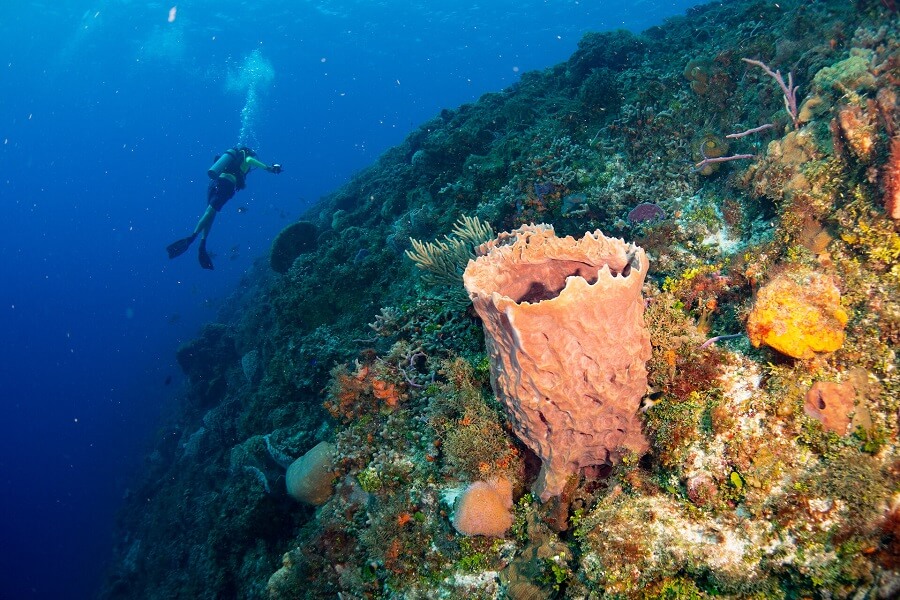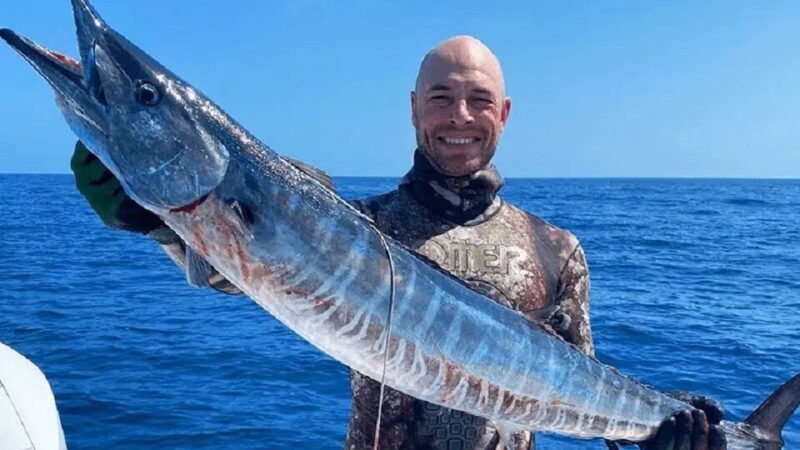Amazing Facts and Secrets of Sea Sponges

The ocean’s vast expanse holds many secrets, and among its most fascinating inhabitants are the unassuming sea sponges. Often overlooked, these ancient organisms play a crucial role in marine ecosystems and possess remarkable traits that make them unique among sea creatures. Delving into the world of ocean sea sponges reveals a story of resilience, adaptability, and ecological importance.
Ancient Origins and Evolutionary Marvels
Sponges in the sea belong to the phylum Porifera, which means “pore bearer.” This name aptly describes their porous bodies, which filter water and capture nutrients. Sponges have been around for at least 600 million years, making them one of the oldest groups of animals on Earth. Their simple structure, lacking organs and tissues, belies their evolutionary success. Sponges are essentially a collection of cells working in concert, capable of remarkable feats of regeneration. They can reassemble themselves even after being passed through a fine mesh sieve, demonstrating their extraordinary resilience.
Biological Architects of the Sea
Sponges are indispensable to marine environments. They act as natural water filters, cleaning the water by trapping bacteria, plankton, and other small particles. A single sponge can filter thousands of liters of water each day. This filtration not only benefits the sponge but also maintains water clarity and quality, supporting the health of coral reefs and other marine habitats.
Moreover, sponges provide habitat and shelter for a variety of marine life. Their intricate structures create nooks and crannies that serve as homes for small fish, crustaceans, and other organisms. Some species, like the glass sponge, form reefs that are as significant as coral reefs in terms of biodiversity.
Chemical Warfare and Medical Potential
One of the most intriguing aspects of sponge sea is their chemical arsenal. To deter predators and compete for space, sponges produce a plethora of bioactive compounds. These chemicals can be toxic, foul-tasting, or inhibitory to other organisms. Interestingly, these same compounds have caught the attention of scientists for their potential medical applications. Research has shown that sponge-derived chemicals can have antibacterial, antiviral, and anticancer properties. For instance, compounds from the sponge Cryptotethya crypta were instrumental in developing the first antiviral drugs, laying the groundwork for treatments against herpes and HIV.
Secrets of Symbiosis
Sponges also engage in fascinating symbiotic relationships. Many host photosynthetic algae or cyanobacteria within their tissues. These symbionts provide the sponge with nutrients through photosynthesis, while the sponge offers them protection and access to sunlight. This mutualistic relationship is akin to the one between corals and their zooxanthellae and is vital for the survival of many sponge species.
Environmental Indicators and Climate Change Sentinels
Due to their sensitivity to changes in water quality and temperature, sponges are excellent indicators of environmental health. The presence, absence, or condition of sponges can provide valuable insights into the state of marine ecosystems. As climate change and human activities continue to impact the oceans, monitoring sponge populations can help scientists track the health of marine environments and predict potential ecological shifts.
Uncharted Diversity
The diversity of sponges is astounding, with over 8,500 described species and many more likely undiscovered. They come in a bewildering array of shapes, sizes, and colors, from the vibrant orange and red tube sponges of the Caribbean to the delicate, lace-like structures of deep-sea sponges. Each species is adapted to its specific environment, showcasing the incredible versatility of these organisms.
Conclusion: Guardians of the Deep
Sea sponges, though often overshadowed by more charismatic marine life, are indispensable to the ocean’s health and offer a window into the complexities of marine ecosystems. Their ancient lineage, ecological roles, chemical defenses, and symbiotic partnerships underscore their importance and resilience. As we continue to explore the ocean’s depths, the secrets of sea sponges will undoubtedly inspire awe and drive scientific discovery, highlighting the need to protect these silent guardians of the deep.






